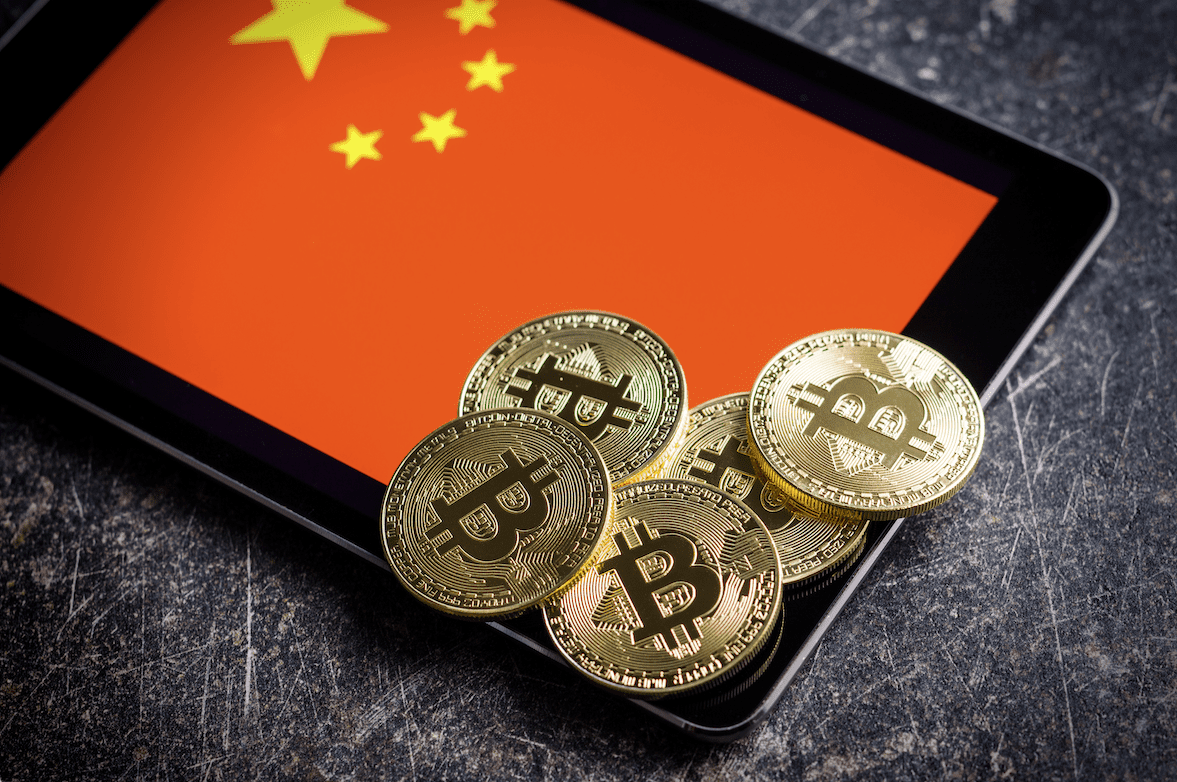On top of China’s ongoing crackdown on cryptocurrency speculation, a Chinese court’s comments on Sunday may signal how the country’s legal system will view future crypto-related disputes.
The High Court of the eastern province of Shandong reiterated on Sunday in a social media post that “the behavior of investing or trading cryptocurrency is not protected by law.”
The Shandong high court cited a case heard by a district court in Jinan, Shandong’s capital city. In that case, the plaintiff in 2017 invested 70,000 yuan (US$10,805) to buy virtual currencies recommended by three defendants.
However, when China’s central bank in January 2018 issued a notice to ask payment institutions to self-check illegal crypto transactions, the trading accounts held by the four were locked up. The plaintiff, surnamed Ma, thus asked the three defendants to compensate the losses.
The Jinan court ruled the tokens being traded by the four were similar to virtual currencies such as Bitcoin and are not considered currency that’s allowed for circulation. Therefore, the investment and trading actions of such virtual currencies are not protected by law, and investors like Ma would have to bear the risks on their own, the court said.
Li Xiaoli, the judge at the Jinan court who ruled in the case, said in a statement that the purchasing behavior of virtual currencies is not protected by Chinese law, and neither are the contracts related to such deals. “Regular investors should protect their personal property and stay away from virtual currencies,” she said.
However, other crypto-related cases reveal nuances by the courts. A Minhang district court in Shanghai stated last week that it heard a case in which a plaintiff purchased Bitcoin mining machines from a defendant but later claimed the deal was invalid given the People’s Bank of China’s 2017 guidance that prohibited initial coin offerings (ICO) and thus demanded a refund for the machines.
The court stated that it ruled the deal was valid and that although Bitcoin is not currency, it holds the attributes of a virtual commodity given its exchangeability, excludability and availability. The court also described Tencent’s QQ coin and points, Baidu’s virtual coin, and virtual currencies like Bitcoin as virtual properties because they require a certain degree of resources, properties and energy to obtain.
The Minhang court ruling was in line with an earlier court decision. The Hangzhou Internet Court, begun in 2017 to hear internet-related cases, recognized Bitcoin in 2019 as legal virtual internet property that deserved to be treated like other assets.
China continues to take an aggressive stance against cryptocurrency trading. The People’s Bank of China, the central bank, has pledged to continue its crackdown on cryptocurrency trading and speculation as part of its work plan for the second half of the year. Last month, for instance, a company in Beijing suspected of offering software services for crypto trading was ordered to shut down and deactivate its website.
China started to ban trading and ICO in 2017, but some investors in China have appeared to continue trading crypto through the customer-to-customer trading feature offered by many exchanges based offshore.
Matteo Giovannini, a senior finance manager at Industrial and Commercial Bank of China, one of the country’s biggest commercial banks, told Forkast.News the Shandong High Court’s explanation on the crypto trading case “represents a major step forward in terms of risk prevention from government authorities that want to avoid any dangerous volatility for domestic market and currency.”
The ruling also “constitutes a massive blow for crypto investors who are based in China,” he said, adding that the risk of having a personal account that could be closed any time by the authorities could represent an unbearable event for a large part of the country’s residents.
Giovannini said the majority of risk-averse investors would likely step away from trading crypto due to the lack of legal protection for their investment and find other alternative assets — something that might not be as remunerative as cryptocurrencies but come with a higher level of protection for their money.
“However, a minority of investors, who have a higher level of risk tolerance, would probably still try to find loopholes in the regulations in order to continue speculating this very hot asset class,” Giovannini added.





